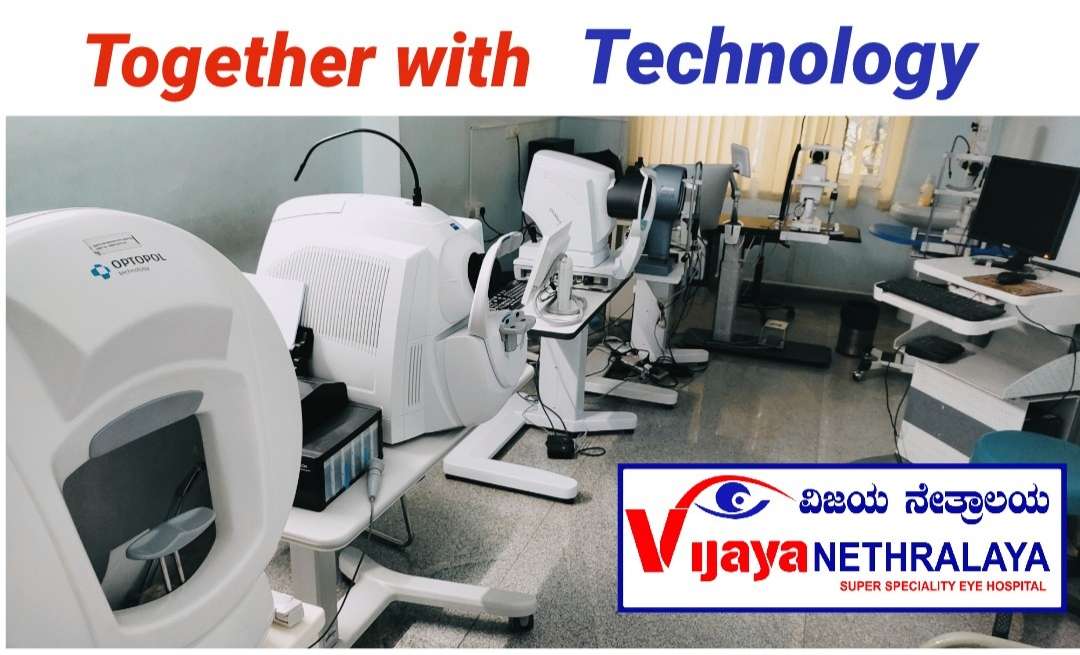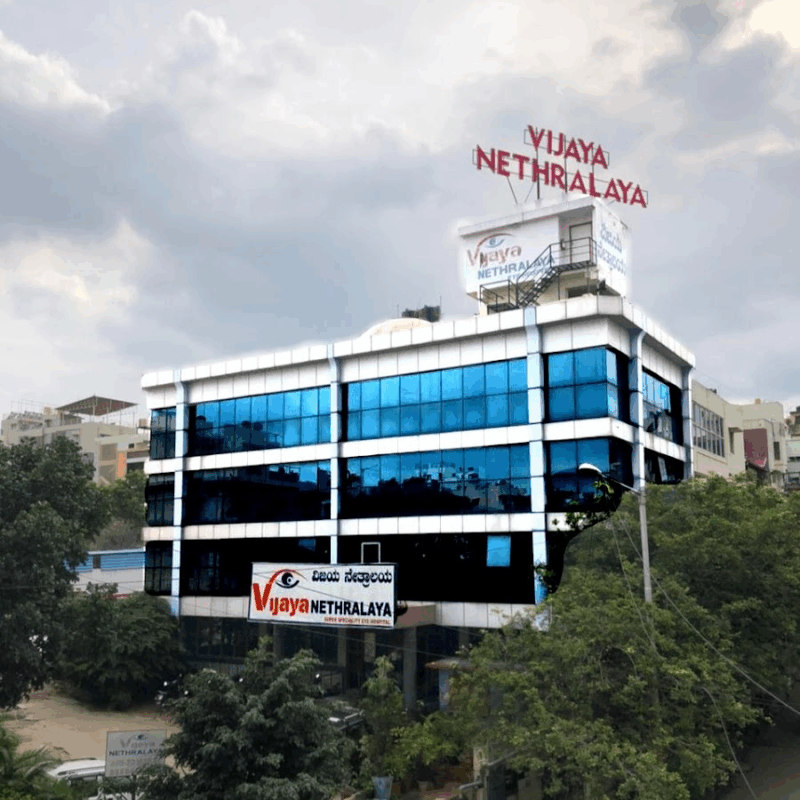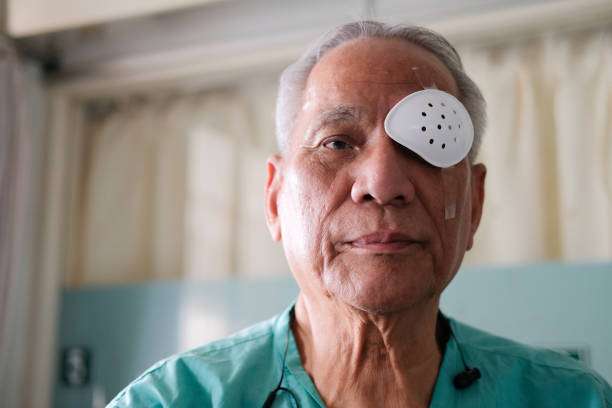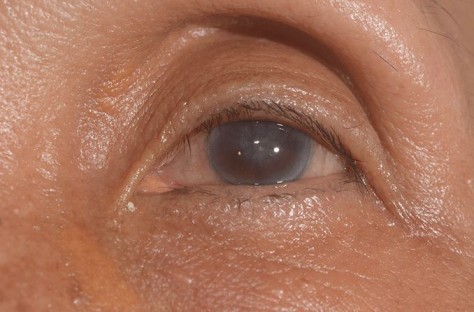Understanding the Costs of SMILE Eye Surgery: A Comprehensive Guide
Introduction:
Small Incision Lenticule Extraction (SMILE) eye surgery is an advanced, minimally invasive laser vision correction procedure used to treat myopia (nearsightedness) and astigmatism. Unlike traditional LASIK, SMILE does not require the creation of a corneal flap, leading to a quicker recovery, less post-surgery discomfort, and a reduced risk of dry eyes. For individuals considering SMILE eye surgery, one of the most important factors to evaluate is the cost of the procedure. The price of SMILE eye surgery varies based on several factors, including location, surgeon expertise, technology used, and post-operative care.
Average Cost of SMILE Eye Surgery:
1. SMILE Eye Surgery Cost in India
In India, the cost of SMILE eye surgery varies across different cities and hospitals. The pricing generally depends on the reputation of the hospital, the technology used, and the surgeon’s experience.
- Average Cost: ₹1,25,000 to ₹1,85,000 per eye
- Major Cities and Costs:
- Bangalore: ₹1,40,000 (range: ₹1,25,000 – ₹1,85,000)
- Mumbai: ₹1,25,000 – ₹1,40,000
- Delhi: ₹1,30,000 – ₹1,60,000
- Chennai: ₹1,20,000 – ₹1,50,000
- Hyderabad: ₹1,20,000 – ₹1,55,000
2. SMILE Eye Surgery Cost in the United States:
In the U.S., the cost of SMILE surgery is significantly higher than in India due to advanced healthcare infrastructure, expensive technology, and higher surgeon fees.
- Average Cost: $2,000 – $3,000 per eye
- Major City Estimates:
- New York: $2,500 – $3,000
- Los Angeles: $2,400 – $2,900
- Chicago: $2,200 – $2,800
- Houston: $2,000 – $2,700
- San Francisco: $2,500 – $3,200
Most health insurance plans in the U.S. do not cover SMILE eye surgery since it is considered an elective procedure. However, Flexible Spending Accounts (FSAs) and Health Savings Accounts (HSAs) can be used to offset the cost.
Factors That Influence the Cost of SMILE Eye Surgery:
The price of SMILE eye surgery is affected by several key factors:
1. Surgeon’s Experience and Reputation
Highly skilled and experienced eye surgeons charge higher fees due to their expertise in performing refractive surgeries with a high success rate.
2. Technology and Equipment
SMILE surgery requires advanced femtosecond laser technology, and the cost of maintaining and using this equipment impacts the overall price of the procedure.
3. Hospital or Clinic Infrastructure
Premium eye hospitals with state-of-the-art technology and well-equipped operation theaters often charge more compared to smaller clinics.

4. Location and City
Metro cities generally have higher healthcare costs than smaller towns due to higher operational expenses.
5. Pre-Surgery and Post-Surgery Care
Some hospitals include pre-operative tests, follow-up visits, and medications in their package, while others charge separately for these services.
6. Additional Costs
- Pre-operative tests: ₹2,000 – ₹5,000 ($50 – $150)
- Post-surgery medications: ₹3,000 – ₹7,000 ($75 – $200)
- Follow-up visits: ₹1,500 – ₹5,000 ($40 – $100) per visit
Is SMILE Surgery Worth the Cost?
Many patients opt for SMILE eye surgery due to its advantages over LASIK, such as:
No corneal flap, leading to fewer complications
Faster recovery time
Reduced risk of dry eyes
Greater corneal stability
While the cost may seem high, patients should consider the long-term benefits of not needing glasses or contact lenses. It is also advisable to compare prices at different hospitals and consult experienced ophthalmologists before making a decision.
Conclusion:
SMILE eye surgery is a safe and effective way to correct vision permanently. The cost varies across different countries and cities, depending on multiple factors like the surgeon’s expertise, hospital infrastructure, and technology used. While it may seem expensive, the benefits of improved vision and reduced dependency on glasses make it a worthwhile investment for many individuals.
If you are considering SMILE surgery, schedule a consultation with a qualified eye surgeon to understand the total cost and evaluate if you are a suitable candidate for the procedure.










